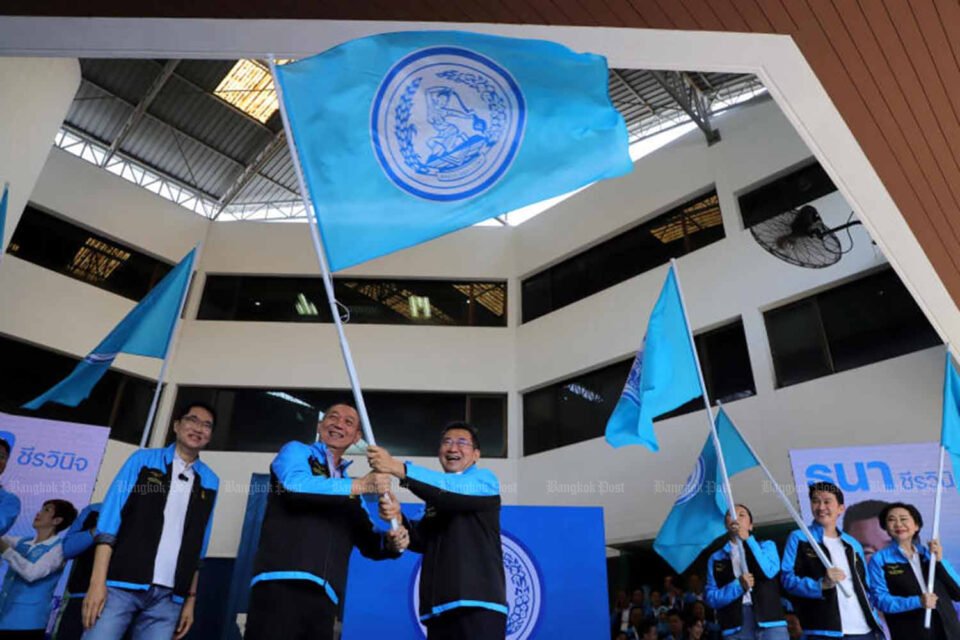In an effort to reduce carbon emissions from air travel and achieve zero emissions by the year 2050, the Civil Aviation Authority of Thailand (CAAT) is collaborating with the International Civil Aviation Organization (ICAO).
At the ICAO Environmental Regional Seminar for the Asia Pacific Region in 2023, CAAT Director Suthipong Kongpool reaffirmed the organization’s intention to collaborate with ICAO. According to the 41st Session of the ICAO Assembly in October 2022, the CAAT will work with ICAO member nations in the Asia Pacific area to reduce carbon dioxide emissions.

The director claims that the CAAT has already put into practice the ICAO’s Carbon Offsetting and Reduction Scheme for International Aviation, a regulatory framework designed to achieve environmental goals with less expense and more flexibility. Airliners are obligated to disclose their carbon emissions to CAAT under this program, and if they can reduce their gas emissions, they will receive carbon credits.
The CAAT director also stated that the organization is researching several strategies to minimize emissions, including enhancing operations, realigning air traffic, and looking for new or more effective technologies. He agreed that the implementations for the aviation sector will require a significant financial outlay, but he insisted that the payoff will be worthwhile and advised aviation businesses to get ready for upcoming changes.




